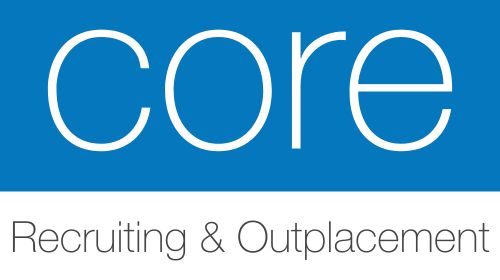In times of economic uncertainty and rapid change, organizations must shift their focus from reactive measures like layoffs to proactive talent management strategies aimed at building a sustainable talent ecosystem.
By investing in workforce planning, talent development, and succession planning, organizations can create a resilient and agile workforce capable of adapting to evolving business needs. In this post, we’ll explore the importance of these strategies and their role in shaping the future of your organization.
- Workforce Planning: Effective workforce planning involves aligning your organization’s talent strategy with its business objectives and future growth plans. By forecasting workforce needs, identifying skills gaps, and developing targeted recruitment and retention strategies, organizations can ensure they have the right people in the right roles at the right time.
- Talent Development: Investing in the development of your employees is essential for building a sustainable talent ecosystem. Provide opportunities for continuous learning and skill development, whether through formal training programs, mentorship initiatives, or on-the-job experiences. Empower employees to grow and advance within the organization, enhancing their job satisfaction and loyalty.
- Succession Planning: Succession planning is critical for ensuring continuity and stability within your organization, especially in key leadership and critical roles. Identify high-potential employees and groom them for future leadership positions through targeted development plans and leadership development programs. By cultivating a pipeline of internal talent, organizations can minimize disruptions and maintain business continuity during leadership transitions.
- Creating a Culture of Learning and Innovation: Foster a culture of learning and innovation where employees are encouraged to explore new ideas, experiment with new approaches, and embrace continuous improvement. Provide resources and support for innovation initiatives, and recognize and reward employees for their contributions to driving positive change within the organization.
- Promoting Diversity, Equity, and Inclusion: Embrace diversity, equity, and inclusion as core principles of your talent management strategy. Create an inclusive work environment where all employees feel valued, respected, and empowered to contribute their unique perspectives and talents. By fostering diversity and inclusion, organizations can attract top talent, drive innovation, and enhance employee engagement and retention.
By shifting the focus from layoffs to proactive talent management strategies, organizations can build a sustainable talent ecosystem that fuels long-term success and resilience. Embrace workforce planning, talent development, succession planning, and a culture of learning and innovation to shape the future of your organization and ensure its continued growth and prosperity.
